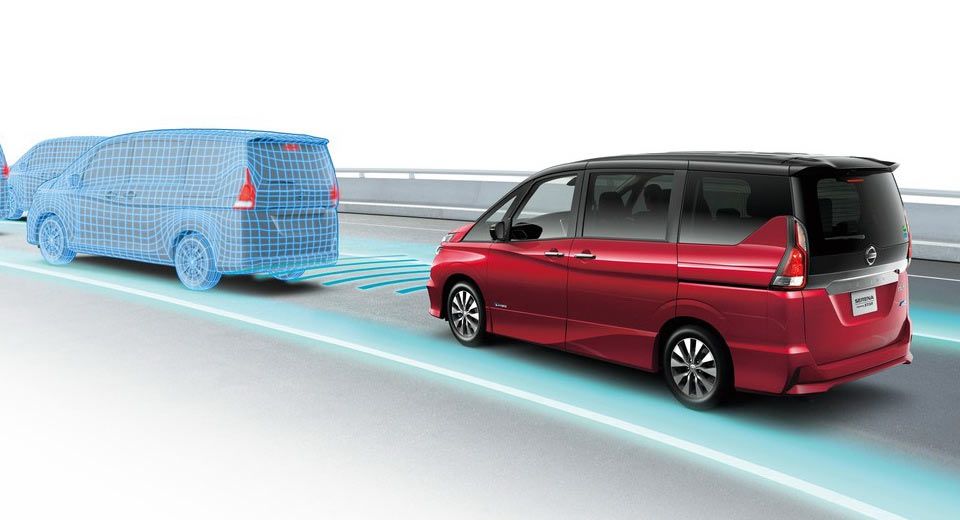With the 2020 Tokyo Olympics a little over two years away, the Japanese government is looking to put a fleet of autonomous cars on public roads in order to drive economic growth.
This strategy, presented by Prime Minister Shinzo Abe, also includes the development of virtual power plants by the end of the 2022 March fiscal year, as reported by Autonews.
These power plants would connect multiple small energy-generating and energy-storage systems, allowing them to work like a large conventional power plant, saving money for energy grid operators. However, so far, companies have been reluctant to invest in these networks without a change in regulations.
With the self-driving car service planned for 2020, the government’s next move will be to commercialize the system as early as 2022, something that should help Japanese companies do a better job keeping up with their Chinese, European and U.S. counterparts, as autonomous vehicle and artificial intelligence technologies keep improving.
Also, having an autonomous car service operational at the Olympics should open up the door for other countries to do the same, with regards to major upcoming global events.
Since becoming Prime Minister in 2012, Abe has introduced several changes that have benefited Japan’s economy, such as having more women in the workforce, narrowing the pay gap between regular and contract employees, increasing tourism and more.



